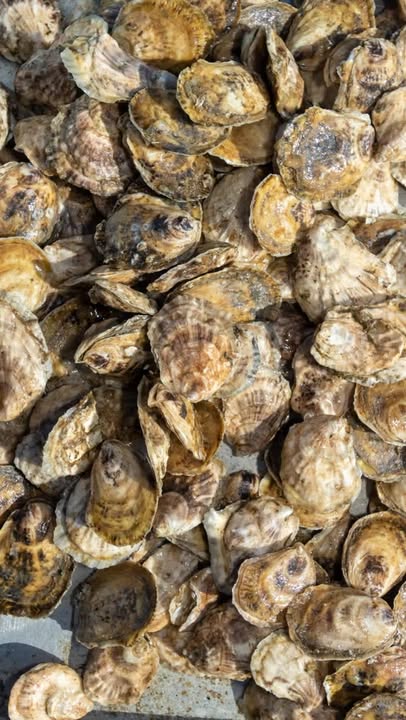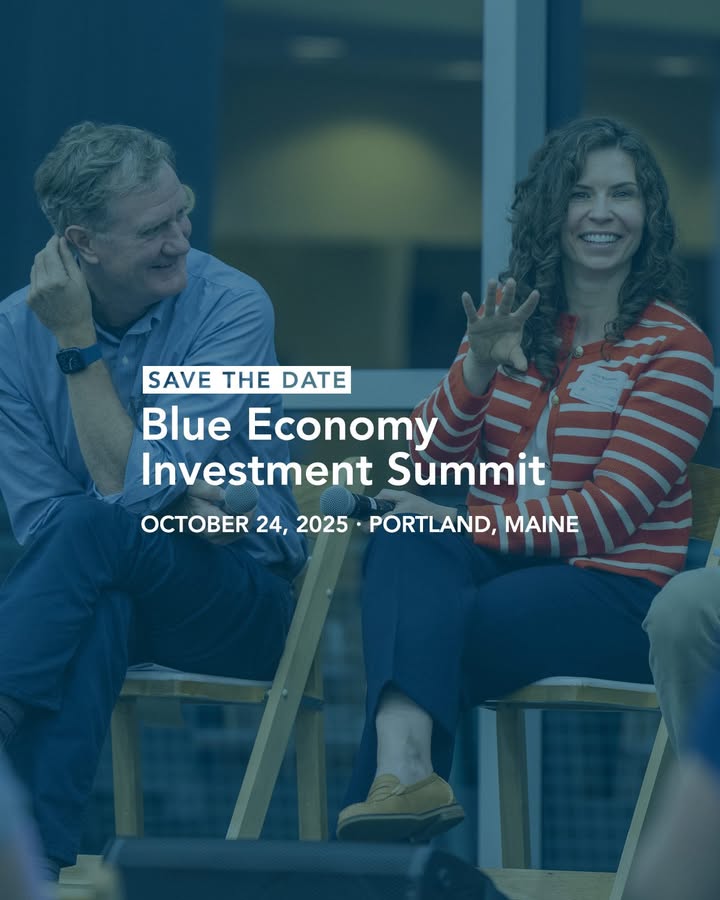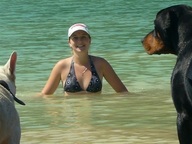
GULF OF MAINE RESEARCH INSTITUTE
Collaborative solutions to global ocean challenges. Learn more at https://t.co/z5BfToKGVz. We develop and deliver collaborative solutions to global ocean challenges. The Gulf of Maine Research Institute (GMRI) develops and delivers collaborative solutions to global ocean challenges.

Founded
1994
8500
X (Twitter)
2738
Traffic
319159
Home Suggested Searches Collaborative solutions to global ocean challenges Locally focused globally relevant We are an independent objective nonprofit organization dedicated to the resilience of the Gulf of Maine ecosystem and the communities that depend on it. We leverage the Gulf of Maine to test and develop solutions to ocean challenges around the world. Our interdisciplinary approach combines worldclass marine research with robust community and education programming to understand how natural social and economic systems interact. Science Understanding the Gulf of Maine through interdisciplinary research Education Providing students and adults with handson science experiences Community Supporting the hardworking communities that depend on the Gulf of Maine Strategic Initiatives Addressing emergent challenges and opportunities We use the best available science to predict ocean change and support the hardworking people who depend on the Gulf of Maine.
From Social media
News about from their social media (Facebook and X).
Summer’s almost here - the perfect time to celebrate local seafood. 🦪 In addition to all the great wild-caught seafood we have here, aquaculture plays a growing role in shaping the future of food in our region by providing sustainable, healthy seafood - all while supporting local ecosystems and coastal economies. In fact, it now accounts for nearly half of global seafood production - and locally, represents an opportunity for diversification for both fishermen and other people who want to make a living on the water.
Like Comment
Save the date — October 24, 2025. Mark your calendars for our third annual Blue Economy Investment Summit that will bring leading investors, entrepreneurs, and ecosystem builders from around the world right here to Maine. The Summit is hosted in partnership with the ClimateTech Incubator at the Roux Institute at Northeastern University and guided by a steering committee of leaders from The Blue Venture Forum, Maine Venture Fund, Maine Technology Institute, Coastal Enterprises Inc.
Like Comment
Data about organisation
Marine Science and Oceanography Category
Organisations with similar rank to GULF OF MAINE RESEARCH INSTITUTE in category Marine Science and Oceanography
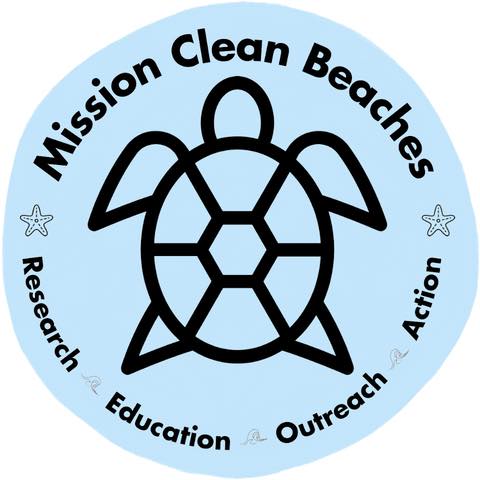
501(c)3 dedicated to fighting against marine litter through cleanups, education, and research.

28. CARIBBEAN COASTAL OCEAN OBSERVING SYSTEM INC
CARICOOS provides observations and forecasts of winds, waves and currents for Puerto Rico and the US Virgin Islands.

29. GULF OF MAINE RESEARCH INSTITUTE
We develop and deliver collaborative solutions to global ocean challenges.

30. Hubbs-SeaWorld Research Institute
Thriving Oceans for a Healthier World Help us #SeaChange https://hswri.

31. Institute of Nautical Archaeology
The Institute of Nautical Archaeology conducts archaeological research to increase knowledge of the evolution of civilization through the location and excavation of submerged and buried ships, submerged ruins, and their associated artifacts.
PORTLAND
Organisations from GULF OF MAINE RESEARCH INSTITUTE

Lovers of anime, manga, gaming and Japanese culture, Kumoricon is a for-the-fans, by-the-fans convention in Portland, OR.

201. Hoyt Arboretum Friends Foundation
Portland's museum of living trees, with 12 miles of trails and more than 2,300 species of plants.

202. GULF OF MAINE RESEARCH INSTITUTE
We develop and deliver collaborative solutions to global ocean challenges.

203. Friends of Katahdin Woods & Waters
Philanthropic partner to Katahdin Woods and Waters National Monument.

204. CURIOUS COMEDY PRODUCTIONS
Portland's best comedy.
Similar organisations
Similar organisations to GULF OF MAINE RESEARCH INSTITUTE based on mission, location, activites.
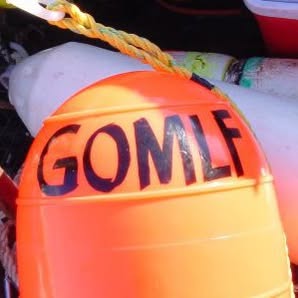
Gulf of Maine Lobster Foundation Inc
GOMLF collaborates with lobstermen, scientists and members of the community to support a healthy lobster fishery in the Gulf of Maine.

We are protecting the environment, strengthening our democracy, and acting on climate.
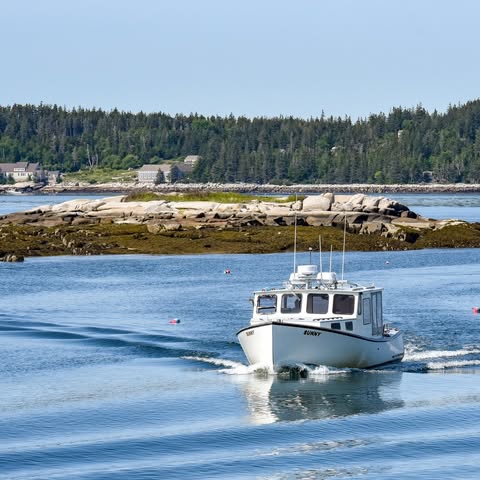
We integrate scientific research and education on a Maine coastal island.
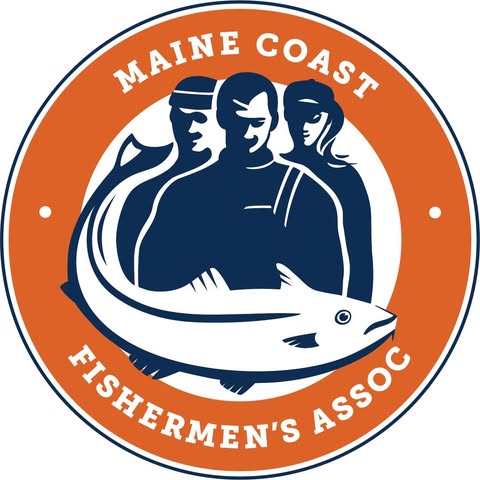
Maine Coast Fishermens Association
The Maine Coast Fishermen’s Association is an industry-based non-profit that supports and advocates for Maine’s community-based fishermen.

CLIMATEWORK MAINE is an organization of diverse businesses, and their supporters, who are working to reduce the impacts of climate change and seize opportunities to grow more climate-friendly businesses in a sustainable economy.
Similar Organisations Worldwide
Organisations in the world similar to GULF OF MAINE RESEARCH INSTITUTE.

R & E Ocean Community Conservation (ca)
We are an organization which was created to inspire science and the general public to work together for the conservation and sustainability of marine ecosystems, marine species and oceans.

ST. JOHN'S AQUARIUM INCORPORATED (ca)
Catch-and-release aquarium in Petty Harbour, NL.
Interesting nearby
Interesting organisations close by to residence of GULF OF MAINE RESEARCH INSTITUTE
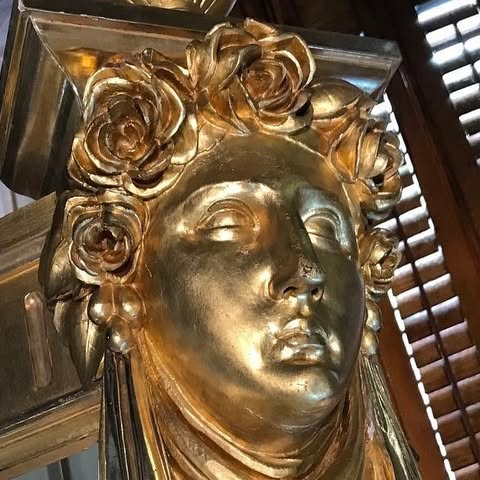
One of America's finest and most complete houses of the mid-19th century.

American Civil Liberties Union of Maine Foundation
Working since 1968 to protect and expand civil rights and liberties in the Pine Tree State.

Maine's only professional opera company, presenting original and inspiring productions since 1995.

GULF OF MAINE RESEARCH INSTITUTE
We develop and deliver collaborative solutions to global ocean challenges.
Similar social media (11238)
Organisations with similar social media impact to GULF OF MAINE RESEARCH INSTITUTE

53259. NC HISTORY CENTER ON THE CIVIL WAR
The NCHCCWER will create extensive exhibits on the Antebellum, Civil War, and Reconstruction eras.

Groundswell builds community power.

53261. GULF OF MAINE RESEARCH INSTITUTE
We develop and deliver collaborative solutions to global ocean challenges.

53262. Hospice and Pallative Credentialing Center Inc
HPCC offers specialty certification to hospice and palliative nurses and team members.

Peach Tree Health is committed to providing personalized, affordable, high-quality health services to the Northern California community.
Similar traffic
Organisations with similar web traffic to GULF OF MAINE RESEARCH INSTITUTE

Official Ferrum College Facebook account.

81279. GULF OF MAINE RESEARCH INSTITUTE
We develop and deliver collaborative solutions to global ocean challenges.

81281. Delta Kappa Gamma Society International
BEK Communications Cooperative, founded in 1952, provides fiber-based phone, Internet, television, and cloud-based services to rural North Dakota.
Join us and make a difference for the future!
Sign Up
Please fill in your information. Everything is free, we might contact you with updates (but cancel any time!)
Sign in with GoogleOr
Good News
🌟 Exciting news for film lovers! The 2026 Sundance Film Festival is set to honor Robert Redford with tributes and retrospective screenings as part of the Park City Legacy program! 🎬✨ A wonderful way to celebrate cinematic history and the arts! #Sundance2026 #CelebrateFilm
Sundance Film Festival 2026 to Include Robert Redford Tributes, Retrospective Screenings
TheWrap
Like Comment"Exciting news from Florida! 🌟 Senator Alexis Calatayud highlights a creative solution to the housing crisis: repurposing church land for affordable housing. 🙌 Faith and collaboration can pave the way for positive change in our communities. Let's support innovative ideas like this! #AffordableHousing #CommunityFirst"
Can states, and a little bit of faith, convert church land into affordable housing?
The Baltimore Sun
Like CommentExciting news from Chicago! Hundreds of high school students are seizing the chance to secure college admissions and scholarships all in one day at the Chicago Scholars event! 🎓✨ #EducationMatters #FutureLeaders
Hundreds of HS students interview with colleges at Chicago Scholars event at McCormick Place
ABC7 Chicago
Like Comment